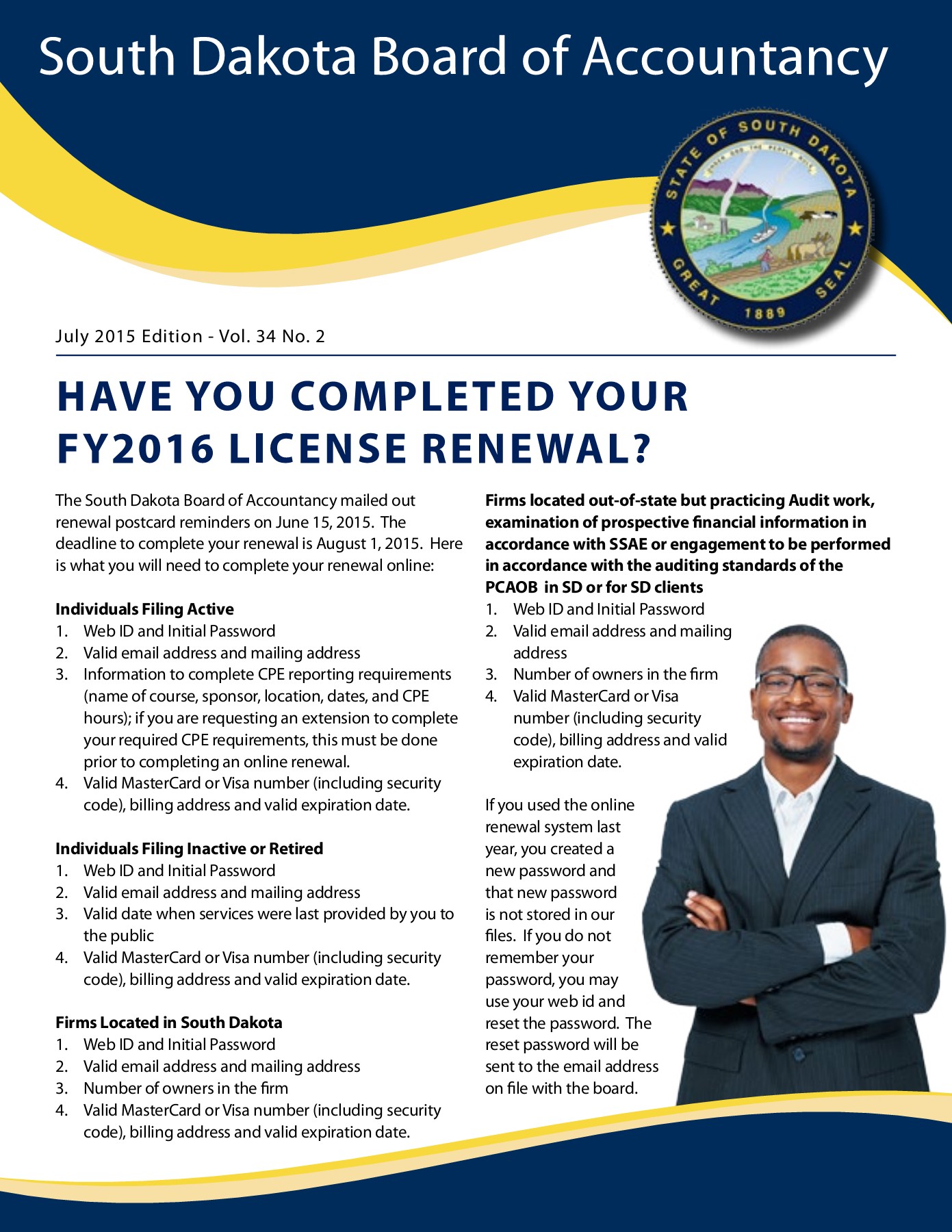
There are many options for accounting careers. There are several options. You could work for a large firm, one or more of the "Big Four" accountants, or start your own firm. These are just a few of the advantages and disadvantages of each route. Which one would suit you best? And how will it affect your salary? Which career path will get you a better salary? What kind of experience is required to succeed?
Work for one organization
If you are considering an accounting career path, working for a single organization might not be the best fit. Most people stay in an entry-level job for between one and five years. It all depends on the economy and other opportunities. We'll assume you will stay with the same company for a year. Final decision is up to you.
Earning a high salary
Accounting is a career that may suit you if your passion is to analyze numbers. Accounting is a popular career option because it pays a median salary of $92,246, which is a high average. As head of an accounting division, you will be responsible for all aspects related to a company's finances. These include financial statements, general ledger, payroll, accounts payable and receivable, and tax compliance. You'll also work on budgeting and tax compliance.
Many accountants work as partners or CFOs in large companies. Others work for clients, filling out tax returns on their own. You can also work remotely, which is an option for accounting professionals who earn high salaries. All you need is creativity and determination. However, if you are determined, it is possible to find a high-paying account job that does not require you to travel a lot or have to commute.

Working for a "Big Four" accounting firm
Many people dream of working in the Big Four accounting offices. But what are their benefits and drawbacks? You have many options when it comes to finding an entry-level accounting job at a Big Four company. Here are some pros and cons of working in a Big Four versus a local firm. You will then be able to decide if this role is right for yourself.
Be sure to show the qualities that make you a valuable employee when applying for a Big Four firm. You must have confidence and be determined to work for the company, its clients. You should also be able to demonstrate your commitment to a company's vision, be commercially savvy, and exhibit emotional intelligence. These attributes are not enough. You also need to be able to use computers and understand tax and accounting laws.
Starting your own accounting firm
Here are some important considerations when you start an accounting company. Although there are many benefits to starting your own business, it is important to do some research. It is important to understand what you are legally allowed to offer your clients. Reports can only be filed with the SEC by a CPA. This can make client finding difficult.
Entrepreneurship can be a great way to combine your accounting skills with your entrepreneurial spirit. A home-based business can be a great option. You will have the support of your family, flexibility and the ability to work from anywhere. While you may have limited control over the strategic direction of your business, you'll also have the opportunity to focus on what you're best at. A small company can thrive with just a few accountants. So you need to think about how your skills can be of benefit to your clients.

FAQ
What is the value of accounting and bookkeeping
Bookskeeping and accounting are vital for any business. They allow you to keep track of all transactions and expenses.
They also help you ensure you're not spending too much money on unnecessary items.
You should know how much profit your sales have brought in. You will also need to know who you owe.
You may want to raise prices if there isn't enough money coming in. If you raise them too high, though, you might lose customers.
You might consider selling off inventory that is larger than you actually need.
If you have less than you need, you could cut back on certain services or products.
All these things will have an impact on your bottom-line.
What does an auditor do?
Auditors look for inconsistencies between financial statements and actual events.
He ensures that the figures provided are accurate.
He also validates the validity and reliability of the company's financial statements.
What happens if I don’t reconcile my bank statements?
If you fail to reconcile your bank statement, you may not realize that you've made a mistake until after the end of the month.
You will have to repeat the whole process.
What does reconcile account mean?
The process of reconciliation involves comparing two sets. The source set is called the “source,” while the reconciled set is called both.
The source is made up of actual figures. The reconciliation represents the figure that should actually be used.
If you are owed $100 by someone, but receive $50 in return, you can reconcile it by subtracting $50 off $100.
This ensures that the accounting system is error-free.
What is the distinction between bookkeeping or accounting?
Accounting studies financial transactions. Bookkeeping is the documentation of such transactions.
These are two related activities, but separate.
Accounting deals primarily with numbers, while bookkeeping deals primarily with people.
For reporting purposes on an organization's financial condition, bookkeepers keep financial records.
They adjust entries in accounts receivable and accounts payable to make sure that the books balance.
Accounting professionals analyze financial statements to assess whether they conform to generally accepted accounting procedures (GAAP).
If they don't, they might suggest changes to GAAP.
Bookskeepers record financial transactions in order to allow accountants to analyze it.
How can I get started keeping books?
You will need a few things to begin keeping books. These include a notebook, pencils, calculator, printer, stapler, envelopes, stamps, and a filing cabinet or desk drawer.
What is the purpose accounting?
Accounting is a way to see a financial picture by recording, analyzing and reporting transactions between people. It enables organizations to make informed decisions regarding how much money they have available for investment, how much income they are likely to earn from operations, and whether they need to raise additional capital.
To provide information on financial activities, accountants record transactions.
This data allows the organization plan for its future business strategy.
It's essential that the data is accurate and reliable.
Statistics
- The U.S. Bureau of Labor Statistics (BLS) projects an additional 96,000 positions for accountants and auditors between 2020 and 2030, representing job growth of 7%. (onlinemasters.ohio.edu)
- a little over 40% of accountants have earned a bachelor's degree. (yourfreecareertest.com)
- In fact, a TD Bank survey polled over 500 U.S. small business owners discovered that bookkeeping is their most hated, with the next most hated task falling a whopping 24% behind. (kpmgspark.com)
- Employment of accountants and auditors is projected to grow four percent through 2029, according to the BLS—a rate of growth that is about average for all occupations nationwide.1 (rasmussen.edu)
- "Durham Technical Community College reported that the most difficult part of their job was not maintaining financial records, which accounted for 50 percent of their time. (kpmgspark.com)
External Links
How To
How to Get an Accounting Degree
Accounting is the process of keeping track of financial transactions. Accounting includes the recording of transactions by individuals, businesses, and governments. The term "account" means bookkeeping records. To help businesses and organizations make informed decisions, accountants prepare reports using these data.
There are two types accounting: managerial and general accounting. General accounting is concerned in the measurement and reporting on business performance. Management accounting deals with the management, analysis, as well as monitoring, of organizational resources.
An accounting bachelor's degree can help students become entry-level accountants. Graduates can also opt to specialize in areas such as auditing, taxation or finance management.
Students who want to pursue a career in accounting should have a good understanding of basic economics concepts such as supply and demand, cost-benefit analysis, marginal utility theory, consumer behavior, price elasticity of demand, and the law of one price. They need to know about accounting principles, international trade, microeconomics, macroeconomics and the various accounting software programs.
A Master's degree in Accounting requires that students have successfully completed six semesters worth of college courses. These include Microeconomic Theory, Macroeconomic Theory. International Trade. Business Economics. Financial Management. Auditing Principles & Procedures. Accounting Information Systems. Cost Analysis. Taxation. Human Resource Management. Finance & Banking. Statistics. Mathematics. Computer Applications. English Language Skills. Students must also pass a Graduate Level Examination. This examination is usually taken following three years of studies.
Candidates must complete four years in undergraduate and four years in postgraduate studies to become certified public accountants. Candidates must then take additional exams before they can apply for registration.